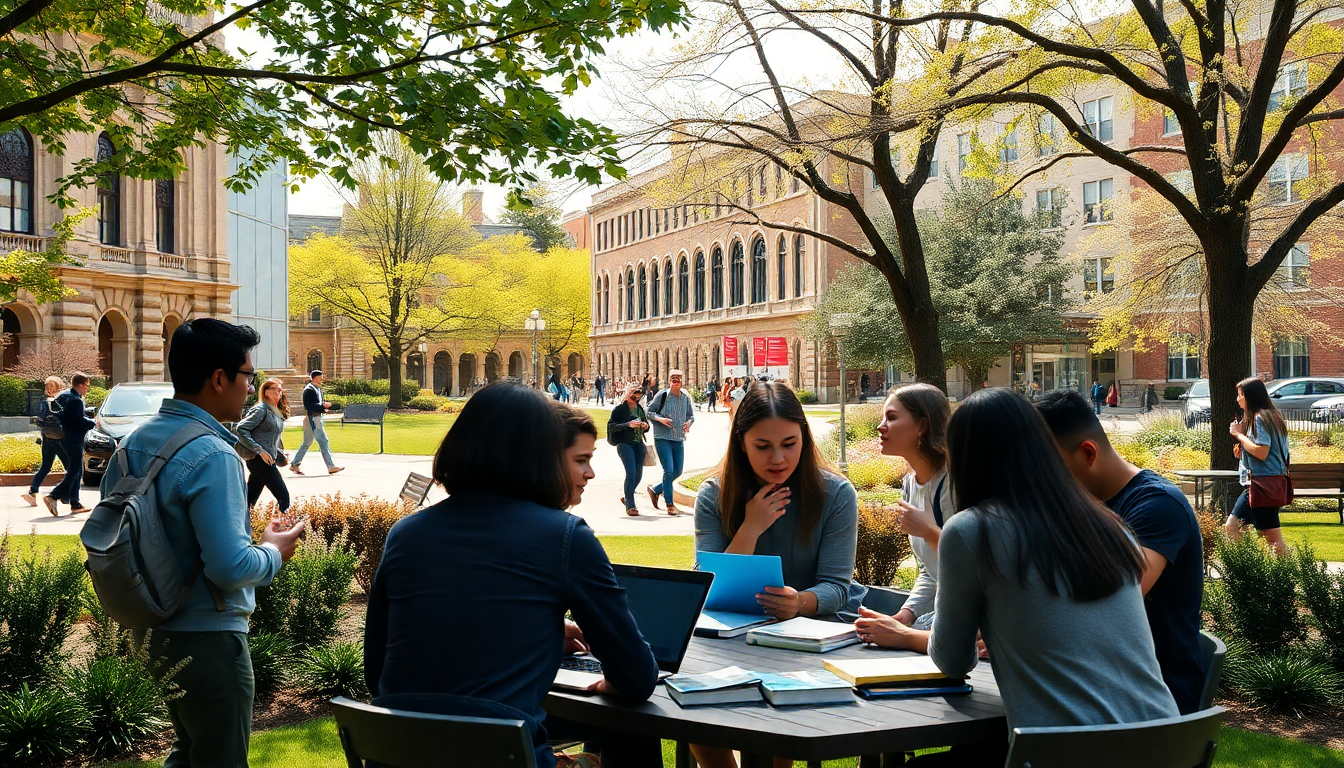Table of Contents
In a recent episode of HBO’s ‘Real Time’, Bill Maher didn’t hold back when discussing what he sees as a concerning trend in American universities. He referred to these institutions as ‘indoctrination factories’ and voiced support for President Donald Trump’s proposals aimed at reforming them.
Maher’s provocative comments have ignited a larger conversation about the role of higher education and the necessity of diverse viewpoints on college campuses. Have we really reached a point where the very places meant to foster learning are now stifling it?
Maher’s Critique of Academia
Maher argues that American universities have lost their purpose, transforming into environments that discourage a wide range of perspectives. He pointed out the glaring absence of intellectual diversity, claiming these institutions now seem to favor only specific viewpoints. “Academia needed a hot poker up the a–… Our universities have been out of control for a long time,” he asserted.
This bold statement underscores his belief that a major overhaul is essential for universities to cultivate healthy debate and discussion.
The timing of Maher’s remarks coincides with rising tensions surrounding various social issues, particularly antisemitism and the overall political climate on campuses.
With reports indicating a surge in antisemitic incidents following recent global events, Maher highlighted the disconnect between university administrators and the realities faced by students. He suggested that this disconnect has fostered a culture increasingly hostile to conservative perspectives, further deepening the divide in public discourse.
Isn’t it troubling when educational institutions fail to reflect the diverse views of their student bodies?
Trump’s Approach to University Reform
President Trump has taken a confrontational stance against elite universities, even threatening to cut federal funding to force them to confront issues like antisemitism and the lack of ideological diversity.
During his administration, significant federal research funds were withheld from prestigious institutions like Harvard and Columbia, sparking intense debates about the government’s role in regulating higher education. While Maher critiques Trump’s methods, he acknowledges the underlying issues that led to such drastic actions. Can we really ignore the concerns that have pushed these discussions to the forefront?
In a notable instance, Columbia University recently settled with the Trump administration, agreeing to pay over $221 million to resolve federal civil rights investigations. This settlement addressed complaints related to antisemitism and marked a significant moment in the ongoing dialogue about accountability in academia. While Maher argues that withholding funds might not be the most effective strategy, he believes it reflects a broader frustration with how universities are handling pressing societal issues.
Free Speech and the Campus Climate
A crucial element of Maher’s argument is the perceived decline of free speech on college campuses. He expressed concern that conservative voices are often silenced or marginalized, stating, ‘You cannot speak the other side of the coin.’ This sentiment resonates with many who feel that the current academic environment is suppressing open dialogue and critical thinking. Maher challenges the idea that universities should merely be safe spaces free from challenging ideas. Instead, he advocates for a more open and inclusive atmosphere where all perspectives can be shared and debated. How can we foster an environment that encourages growth through diverse opinions?
As the discussion around university reform continues to evolve, Maher’s comments serve as a springboard for broader talks about the future of higher education in America. The implications of these debates extend far beyond the walls of academia, influencing public discourse and societal structures. With students and educators grappling with these complex issues, the demand for ideological balance and respect for diverse viewpoints has never been more urgent. Are we ready to step up and ensure that all voices are heard in our educational institutions?





